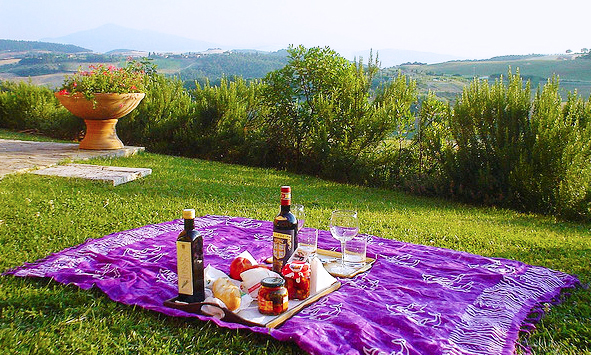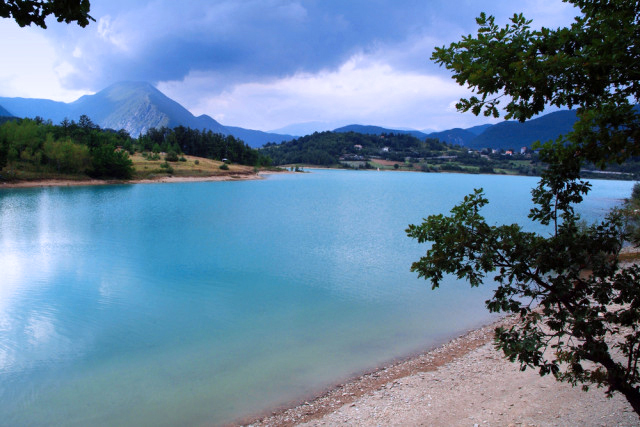La Pasquetta, or Little Easter, is a springtime tradition turned national Italian holiday in Italy that takes place the Monday following Easter Sunday. In an attempt to prolong the joyful spirit of the season and celebrate one more day off from work, La Pasquetta signals a time to enthusiastically rejoice in the sunshine and fresh breezes of spring. In the Catholic tradition, La Pasquetta commemorates the meeting of the Risen Christ with his disciples in Emmaus, a village near Jerusalem, the day after the Resurrection. To recall the disciples’ walk from Jerusalem out to the nearby village, Italians mark the occasion with gita fuori porta, a trip outside the city.
Traditionally, the holiday involves families enjoying the outdoors with a picnic or outdoor luncheon, where leftovers from Sunday’s feast are usually packed away and brought out to be savored by all, giving the cooks in the family some much needed rest and relaxation. La Pasquetta luncheon is typically comprised of hard boiled eggs, various salumi and cheeses, torta di pasta (baked pasta), pizza piena and other treats from the previous day.
The majority of Italians flock to outdoor spots for picnics in the country or to one of the national parks and reserves that cover ten percent of the land area of Italy. Stays at an agriturismo (bed and breakfast lodgings) are also very popular for Italians escaping the big cities.
The beach is another favored destination for Easter Monday feasts and activities. Although many Italians would still consider it too cool to take a dip in the water, it’s a great place for dining al fresco, walking along the water’s edge, playing soccer and enjoying the fresh breeze and beautiful views. Lots of teens and young adults choose the beach to get together.
On Easter Monday, some cities hold dances, free concerts or unusual games, often involving eggs. In the Umbrian hill town of Panicale, cheese is the star. Ruzzolone is played by rolling huge wheels of cheese weighing about nine pounds around the village walls. The object is to get your cheese around the course using the fewest number of strokes. Following the cheese contest, there is a band in the piazza and of course, wine.
In Fontanelice, a village in the province of Bologna, locals and tourists enjoy fried bread and a donkey race during the Festa della Piè Fritta. For more than 60 years, the Festa has been held to celebrate piadina, a local specialty of unleavened fried bread which has been eaten in the area since the Middle Ages.
From early morning hours, thousands of pieces of dough are cooked and eaten warm with local meats, cheeses and vegetables, accompanied by local Sangiovese wine. Everyone eats their bread as they stroll through the marketplace until the band announces the parade of donkeys in the main piazza. In the square the racing donkeys are presented before heading off to the race, which is as far from a horse race as one can imagine. The jockeys are dressed in outlandish garb and ride bareback. Many of the rider’s feet dangle just above the ground. Donkeys are not a racing breed and need to be coaxed to move, so ahead of the donkey is a team member leading the animal with a rope. The entire event brings about side-splitting laughter, as the donkeys stop as they please and more than a few riders have been known to bruise their bottoms after a fall from the notoriously obstinate beasts. A good time is guaranteed for all.
Many Romans head out of town into the countryside or to the seaside on la Pasquetta. For those who choose to stay in the Eternal City, a day trip to the beautiful Villa Borghese might be the order of the day. The acres of open land are a treasure for city residents and tourists. The grounds contain museums, a theater, lake, walking trails and bike paths. The city’s zoo is also located there and is a treat for both children and adults.
Other favorite picnic destinations for Romans are the hilltop villages of the Colli Albani, towns like Frascati and the Pope’s summer residence of Castelgandolfo. At Castel Sant’Angelo, a huge fireworks display over the Tiber River ends the Easter week celebrations and concludes the wonderful national holiday of la Pasquetta.





